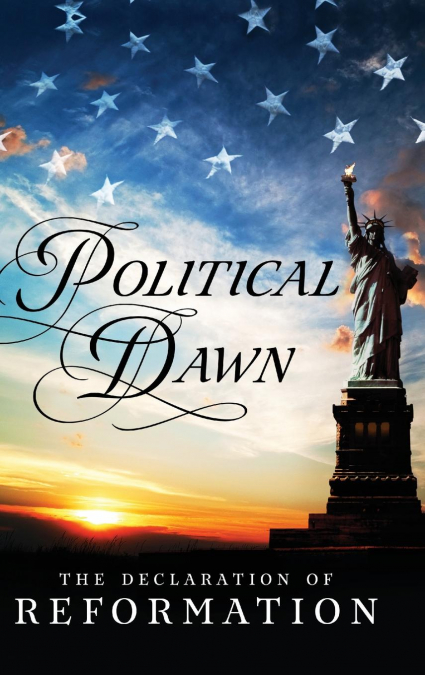
 Librería Perelló (Valencia)
Librería Perelló (Valencia)
 Librería Aciertas (Toledo)
Librería Aciertas (Toledo)
 Librería Elías (Asturias)
Librería Elías (Asturias)
 Donde los libros
Donde los libros
 El AlmaZen del Alquimista (Sevilla)
El AlmaZen del Alquimista (Sevilla)
 Librería Kolima (Madrid)
Librería Kolima (Madrid)
 Librería Proteo (Málaga)
Librería Proteo (Málaga)
You are not reading this by happenstance. The United States government no longer represents the American people. Money has become the dictator of the democratic process. Congress is divided and arguably entirely dysfunctional. Lawmakers conspire with lobbyists and special interests to create legislation and regulation in their favor, mismanage the public purse, and imperil us and our posterity to deficits and debt in perpetuity. Injustices proliferate; our rights our violated daily. In short, the Republic is in decline. Democracy is faltering, privacy is perishing, and the Constitution is in extremis. So what can we do? Where do we begin? Welcome to Political Dawn. Written in broad prose and blunt, unapologetic language that favors no political party, persuasion, or power, other than the powers possessed by the American people and the states, Political Dawn: The Declaration of Reformation catalogues the government's longstanding political problems--which are legion; asserts our fundamental right to reform our own government; and declares the constitutional method and means by which we, the American people and the states, can directly exercise that right, resolve the resolvable errors and defects of government, and successfully achieve the declared goal. Distinct from other works narrower in scope and that speak to those ideologically aligned with a particular dimension of the political spectrum, this book is for all Americans. So who should read this book? You should read this book, especially if any of the following apply to you: You are an American citizen, or you are affected in any way by the United States government. You are interested in politics, bothered by politics, or dissatisfied with politics in the United States. You would like to learn evidenced-based answers to the following questions: In what ways does the United States government violate the Constitution and our rights and liberties? Are the typical means by which we may attempt to affect government, such as by way of elections, adequate to achieve the type of reform that is needed? What other peaceful, political recourse do we (the American people) have? If you do not care about the answers to the above questions or about politics in the United States, if you think there is nothing we can lawfully do to resolve our political problems or that the traditional means of reform are sufficient for the task, or if you believe there is nothing wrong with the United States government--then you definitely should read this book.